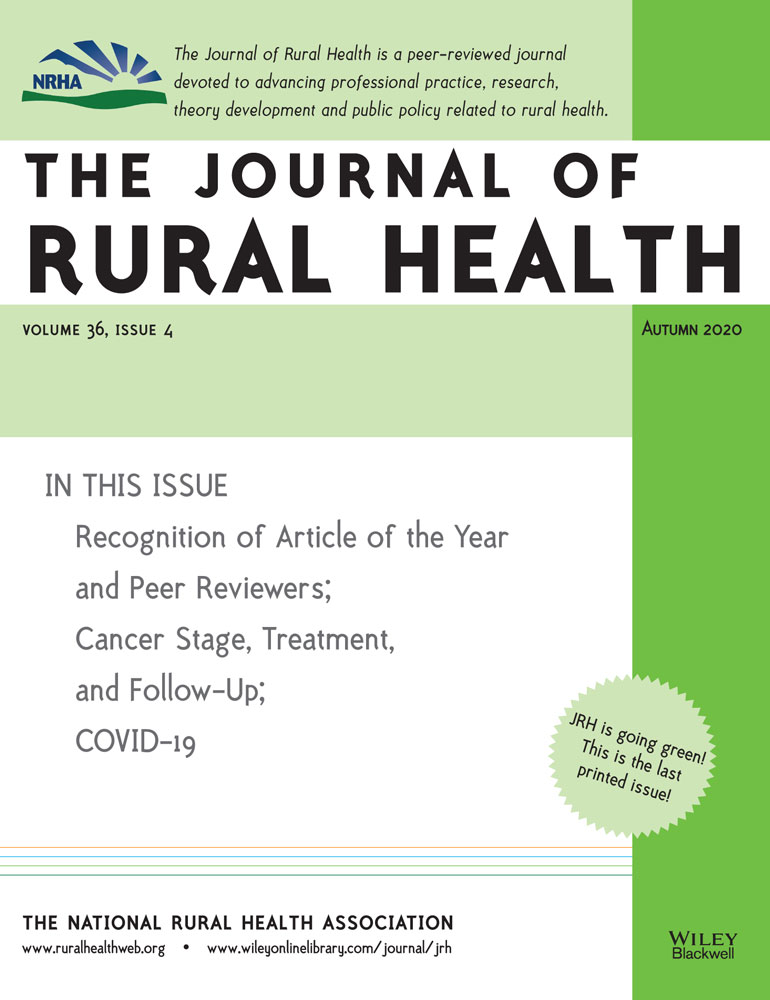Stress and Physical Activity in Rural Cancer Survivors: The Moderating Role of Social Support
For further information, contact: Scherezade K. Mama, DrPH, Department of Kinesiology, The Pennsylvania State University, 268J Recreation Building, University Park, PA 16802; e-mail: [email protected]
Disclosures:
The authors declare no potential conflicts of interest.
Funding:
This study is funded, in part, under a grant with the Pennsylvania Department of Health using Tobacco CURE Funds (TRK08-Mama-PSU-2016F; PI: Mama). The Department specifically disclaims responsibility for any analyses, interpretations, or conclusions. Scherezade Mama is supported by a career development award from the National Cancer Institute (K07 CA222335, PI: Mama).
Acknowledgements: The authors thank the cancer survivors who participated in the Partnering to Prevent and Control Cancer (PPCC) study and the numerous community partners who assisted with recruitment.
Abstract
Purpose
Social support (SS) has been shown to moderate the relationship between psychological distress and physical activity (PA) in adults, including those with no history of cancer and cancer survivors (CS). The purpose of this study was to explore the relationship between stress and leisure-time PA and test if SS is a moderator of this relationship in rural CS.
Methods
CS were recruited to Partnering to Prevent and Control Cancer (PPCC) and completed questionnaires assessing sociodemographics, leisure-time PA, perceived stress, and SS. Hierarchical multivariable linear regression was used to assess the moderating role of SS on the association between stress and PA.
Findings
Cancer survivors (N = 219) were in their mid-60s (M age = 64.3 ± 12.5 years) and overweight/obese (M BMI = 29.5 ± 6.8 kg/m2); over half were women (60.7%) and insufficiently active (59.4%); and 42.1% reported moderate-to-high perceived stress. Perceived stress was negatively correlated with PA (r = –.183, P = .044) and SS (r = –.470, P < .001), and SS was positively correlated with PA (r = .205, P = .025). However, SS did not moderate the association between stress and PA.
Conclusions
Rural CS reported higher stress and less PA than previously reported by urban CS, potentially contributing to rural cancer health disparities. Although previous studies have shown success in building SS to reduce stress and promote PA in CS, our results do not support the stress-buffering hypothesis in rural cancer survivors. Further research is needed to understand factors related to PA in rural CS and determine strategies to reduce psychological distress and promote healthy behaviors in an effort to improve cancer survivorship.




